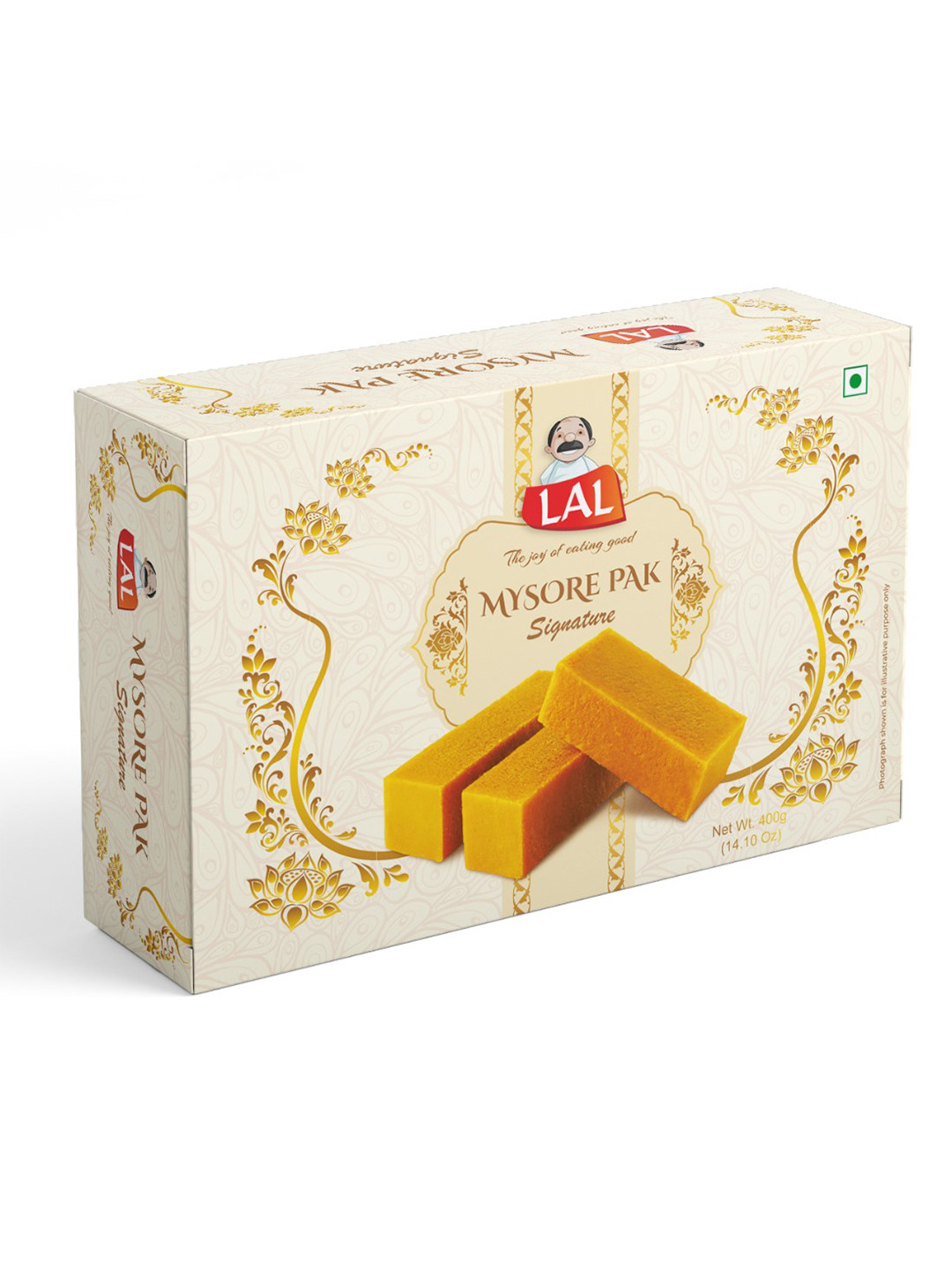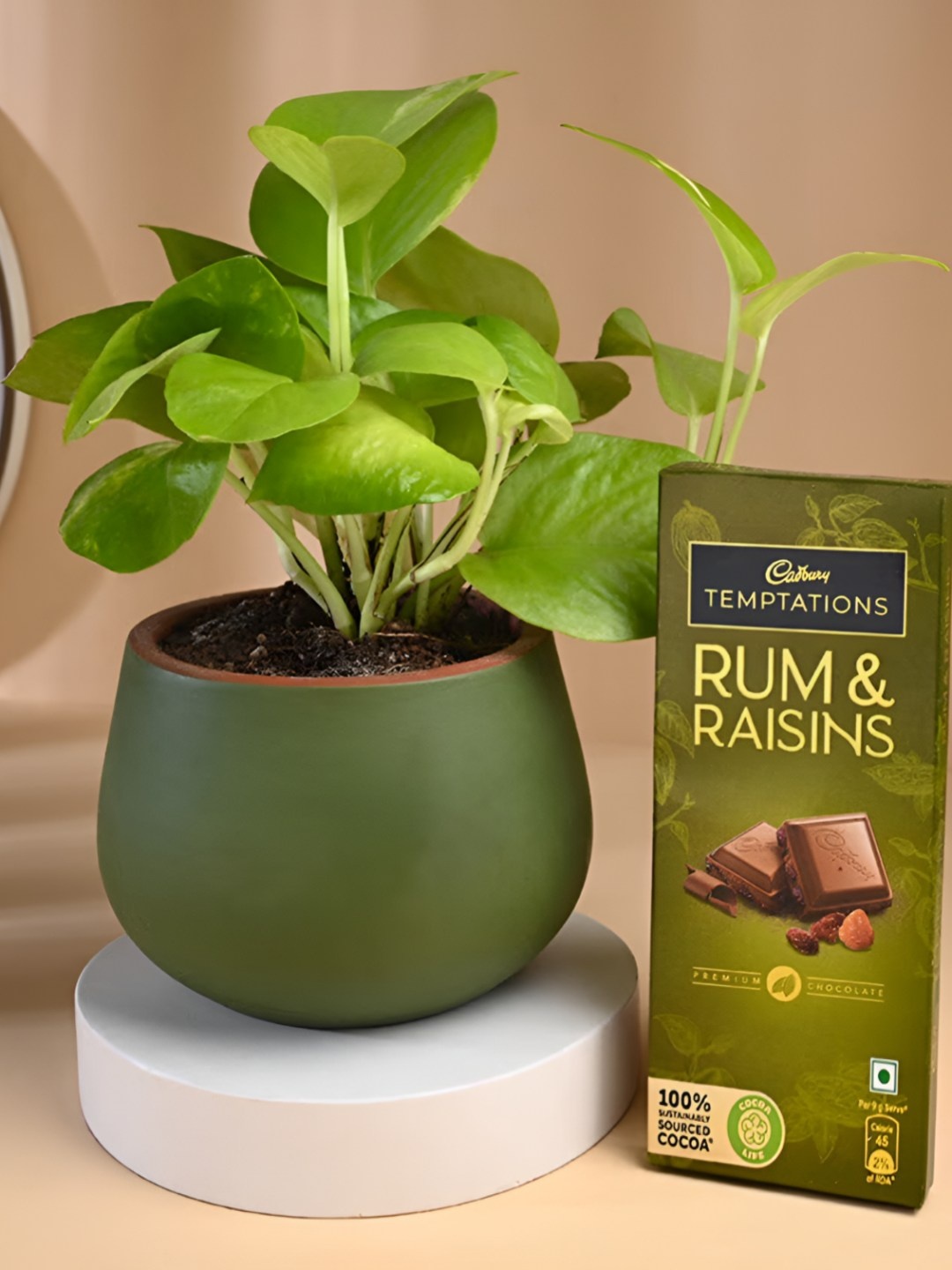Matcha Tea Shortage Is Real: Why Your Favourite Green Powder Is Missing
The matcha tea shortage is shaking up shelves and sipping habits. But don't worry, we've brewed the facts and some tasty alternatives to keep your green fix going strong.

Matcha Tea Shortage
The matcha tea shortage is making headlines across the globe. Once a staple in wellness routines and café menus, matcha tea is now harder to find and more expensive than ever. This vibrant green powder, known for its health benefits and calming energy, is facing a supply crisis. From climate disruptions in Japan to surging global demand, the matcha tea shortage is affecting consumers everywhere. Whether you're a seasoned matcha drinker or just discovering its charm, this shortage is a moment worth understanding.

Matcha Tea Shortage Is Temporary; Photo Credit: Pexels
The matcha tea shortage is more than a temporary inconvenience; it's a reflection of how global trends, climate change, and trade policies can impact everyday products. Let's explore the reasons behind the matcha tea shortage, its effects on pricing and availability, and what you can do to adapt. If you're wondering why your favourite green latte is missing or how to keep your wellness routine intact, the matcha tea shortage offers a compelling story and practical solutions.
What Is Causing The Matcha Tea Shortage Worldwide?
The matcha tea shortage is the result of several converging factors. Japan, the leading producer of matcha tea, experienced an unusually hot and dry spring, which severely impacted the tencha harvest, the shaded leaves used to make matcha. Farmers in Kyoto and Uji reported significant crop damage, reducing the supply of high-quality matcha tea. At the same time, global demand has surged, especially in Western markets where matcha tea is now a popular ingredient in drinks, desserts, and skincare. Trade tariffs have further complicated exports, making it harder for international buyers to access Japanese matcha tea. These combined pressures have led to the current matcha tea shortage, affecting both supply chains and consumer access.
Also Read: Green Tea For Weight Loss And Beyond | Secret Benefits Revealed
How The Matcha Tea Shortage Is Affecting Prices And Availability
The matcha tea shortage has led to noticeable changes in pricing and availability. With less tencha available, auction prices in Kyoto have more than doubled compared to previous years. Retailers are struggling to maintain stock, and many have resorted to rationing matcha tea products or offering lower-grade alternatives. Consumers are feeling the pinch, with matcha tea lattes becoming more expensive and online listings frequently showing out-of-stock notices. The matcha tea shortage is also impacting cafés, restaurants, and wellness brands that rely on a consistent supply. As a result, many are exploring new sources or adjusting their offerings to cope with the matcha tea shortage.

Matcha Tea Shortage; Photo Credit: Pexels
Why Matcha Tea Remains Popular Despite The Shortage
Even during the matcha tea shortage, the popularity of matcha tea continues to grow. Its appeal lies in its unique combination of taste, tradition, and health benefits. Unlike regular green tea, matcha tea involves consuming the entire leaf, which delivers higher concentrations of antioxidants, amino acids, and vitamins. Matcha tea is known for boosting metabolism, enhancing focus, and providing a calm energy thanks to L-theanine (an amino acid found primarily in green and black tea and some mushrooms). It also holds cultural significance in Japanese tea ceremonies, symbolising mindfulness and respect. The matcha tea shortage has not dampened enthusiasm; instead, it has sparked greater interest in understanding and appreciating this remarkable green powder.
Also Read: 5 Matcha Making Tools You Need To Recreate Your Favourite Recipes
Matcha Tea Shortage Alternatives You Can Try Today
The matcha tea shortage has encouraged many consumers to explore alternatives that offer similar benefits. Sencha powder, another Japanese green tea, provides a grassy flavour with less bitterness and can be used in lattes or desserts. Wheatgrass powder is nutrient-rich and adds an earthy taste to smoothies. Spirulina, a blue-green algae, offers a vibrant hue and is packed with antioxidants and protein. Moringa powder, derived from the “miracle tree,” is known for its mild taste and exceptional nutritional value. Spinach and kale powders are also excellent choices for those seeking caffeine-free options. These alternatives are widely available and can help you maintain your wellness routine during the matcha tea shortage.
Alternatives To Consider
1. Organic India Wheat Grass powder
2. Luxmi Estates Japanese Sencha Green Tea
3. Gunam Blue Spirulina Powder
4. Kapiva Certified Organic Moringa Powder
5. KOH 100% Pure Spinach Powder
6. Barley Grass Smoothie Mix Powder
7. Shatavari Powder (Asparagus racemosus)
8. Ashwagandha Powder
9. Safed Musli Root Powder
10. Isabgol Whole Psyllium Husk Powder
Where To Buy Matcha Tea And Substitutes In India During The Matcha Tea Shortage
Amid the ongoing matcha tea shortage, Indian consumers still have access to a wide variety of matcha tea products and substitutes, especially during the Amazon Great Freedom Festival Sale. This annual event brings massive discounts on wellness essentials, including matcha tea powders, ceremonial kits, and green superfood alternatives. From premium Japanese ceremonial matcha to culinary-grade powders and bamboo whisk sets, Amazon India is currently offering attractive deals across all price ranges.
What makes this sale even more rewarding is the advantage of shopping with an Amazon Prime membership. Prime members get early access to lightning deals, exclusive discounts, and faster delivery options, which is especially valuable during the matcha tea shortage when stocks run out quickly. In addition to shopping perks, Prime also includes benefits like Prime Video, Prime Music, and even discounts on groceries, making it a well-rounded investment for wellness-focused households.
So, whether you're restocking your favourite matcha or trying something new, the Amazon Great Sale, especially with a Prime membership, offers a timely and cost-effective way to stay energised and healthy.

Photo Credit: Amazon
The matcha tea shortage is a reminder of how interconnected our food systems are and how global events can influence what ends up in our cups. While the shortage may be temporary, it offers a chance to explore new flavours, support sustainable farming, and make informed choices. Whether you continue with matcha tea or try a substitute, the matcha tea shortage encourages us to be more mindful about what we consume and where it comes from. So, while your favourite green latte might be harder to find, your journey into the world of wellness teas is far from over.

Your Favourite Green Latte; Photo Credit: Pexels
Frequently Asked Questions (FAQs)
Q1. Why Is There A Matcha Tea Shortage In 2025?
The matcha tea shortage is caused by climate disruptions in Japan, increased global demand, and trade tariffs that have affected exports. These factors have reduced supply and driven up prices.
Q2. Is Matcha Tea Still Available In India Despite The Shortage?
Yes, matcha tea is still available online in India, although prices may be higher and stock is limited. Consumers can find ceremonial and culinary grades even during the matcha tea shortage.
Q3. What Are Some Good Alternatives To Matcha Tea During The Shortage?
Sencha powder, wheatgrass, spirulina, moringa, spinach, and kale powders are excellent substitutes. These options offer similar health benefits and can be used in drinks and recipes during the matcha tea shortage.
Q4. Does Matcha Tea Have More Health Benefits Than Regular Green Tea?
Matcha tea contains higher levels of antioxidants and nutrients because the whole leaf is consumed. It also provides a calm energy boost due to L-theanine, making it more potent than regular green tea, even during the matcha tea shortage.
Q5. Will Matcha Tea Prices Go Down After The Shortage Ends?
Prices may stabilise once production recovers and trade conditions improve. However, long-term sustainability and climate resilience will be key to preventing future matcha tea shortages.
Disclaimer: The images used in this article are for illustration purpose only. They may not be an exact representation of the products, categories and brands listed in this article.

























